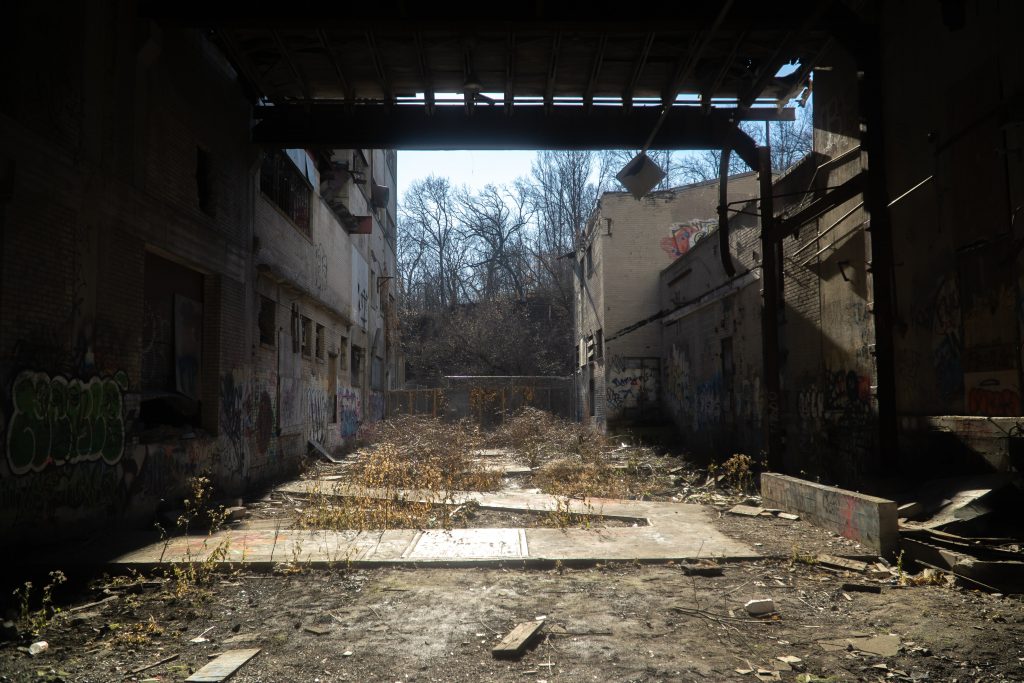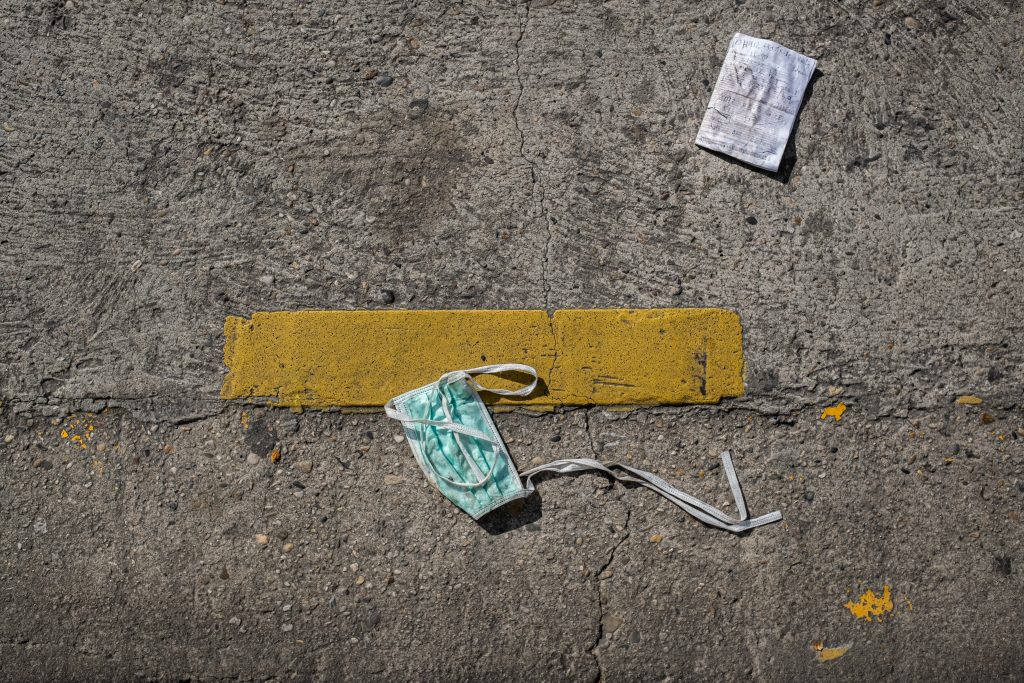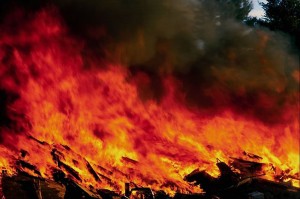
How would you restart a civilization in the event of a collapse? Such a task would require an enormous amount of research and analysis, as well as a deep understanding of the specific circumstances and resources available in the event of a collapse or as we like to call it SHTF (shit hits the fan).
However, we can provide some general guidance on some of the key considerations and steps that would likely be involved in attempting to restart a civilization after a collapse.

These suggestions are intended to provide a broad overview of the process, and should not be taken as a comprehensive or definitive guide.
- Assessing the situation: The first step in attempting to restart a civilization would be to assess the extent and causes of the collapse, as well as the resources and capabilities that are available. This would involve gathering information about the state of infrastructure, the availability of food, water, and other basic resources, and the capabilities and needs of the population.
- Establishing basic needs: In the immediate aftermath of a collapse, the primary focus would be on meeting the basic needs of the population, including food, water, shelter, and medical care. This might involve setting up temporary shelters, organizing the distribution of supplies, and establishing systems for the provision of essential services.
- Establishing governance and order: In order to rebuild a functioning society, it would be necessary to establish some form of governance and order. This might involve the creation of a temporary government or other organization to coordinate efforts and make decisions on behalf of the community. It would also be important to establish laws and systems for dispute resolution and conflict management.
- Restoring infrastructure and services: A key step in restarting a civilization would be the restoration of infrastructure and services such as electricity, transportation, communication, and healthcare. This would involve repairing or rebuilding damaged infrastructure and establishing new systems where necessary.
- Rebuilding economies and societies: Once the basic needs of the population have been met and the necessary infrastructure and services have been restored, the focus would shift to rebuilding the economy and reestablishing the social and cultural fabric of society. This might involve the creation of new industries, the establishment of trade and economic systems, and the development of educational and cultural institutions.
- Addressing long-term challenges: Restarting a civilization after a collapse is likely to involve a number of long-term challenges, including rebuilding and maintaining infrastructure, addressing environmental and resource-related issues, and dealing with the social and psychological impacts of the collapse. It will be important to plan for and address these challenges in order to ensure the long-term sustainability and resilience of the rebuilding effort.
- Engaging with the wider world: Depending on the circumstances of the collapse, it may be necessary to establish connections and relationships with other communities and societies in order to access resources, expertise, and support. This could involve negotiating trade agreements, forming alliances, or seeking assistance from international organizations.
- Building resilience: Finally, it will be important to consider how to build resilience into the rebuilding effort in order to prepare for and mitigate the impact of future crises. This might involve developing contingency plans, investing in infrastructure that is resistant to natural disasters or other hazards, and promoting policies and practices that increase the resilience of communities and societies.

These are just a few of the many considerations and steps that would likely be involved in attempting to restart a civilization after a collapse. It is a complex and multifaceted process that would require the cooperation and efforts of many different individuals and organizations.



